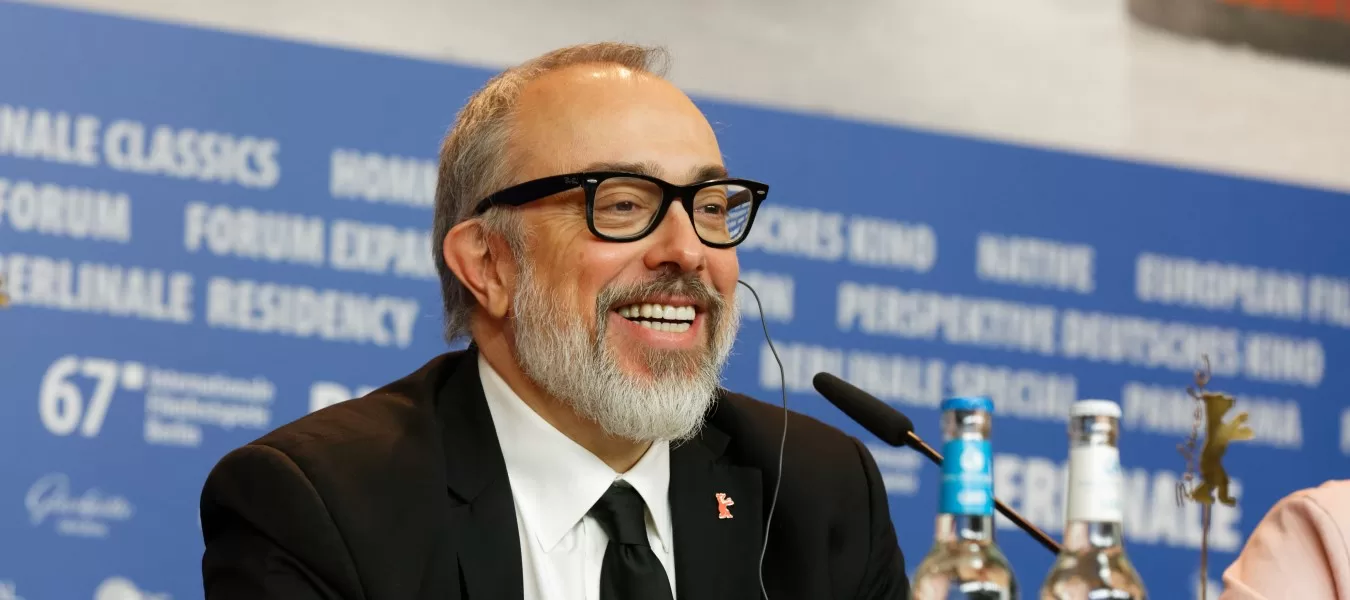Hollywood South in Uproar: Almodóvar & Iñárritu Spearhead Fight Against Argentine Film Institute Axing

Hollywood South in Uproar: Almodóvar & Iñárritu Spearhead Fight Against Argentine Film Institute Axing
Hold onto your popcorn, cinephiles, because a drama more explosive than any Oscar night is unfolding south of the Rio Grande. Renowned auteurs Pedro Almodóvar and Alejandro González Iñárritu have thrown their formidable weight behind a burgeoning protest movement in Argentina, vehemently opposing the controversial decision by President Javier Milei to scrap the iconic national film institute, INCAA.
For decades, INCAA has been the lifeblood of Argentine cinema, nurturing budding filmmakers, preserving cultural heritage, and propelling local productions onto the international stage. From Almodóvar’s own surrealist muse Álex de la Iglesia to the searing social commentary of Juan José Campanella, countless artistic voices have blossomed under INCAA’s wing.
So, why the sudden axe? Milei, a maverick economist and self-proclaimed libertarian, argues that INCAA is a bloated bureaucracy strangling artistic freedom with government handouts. He envisions a free-market utopia where filmmakers fend for themselves, Darwinian principles ruling the box office.
But critics, including Almodóvar and Iñárritu, paint a far bleaker picture. They warn of a “cultural Chernobyl,” where independent cinema withers without state support, replaced by a homogenous landscape of blockbuster sequels and lowest-common-denominator content. The voices of diverse storytellers, the ones who capture the soul of a nation, would be systematically silenced.
This isn’t just an Argentine battle. It’s a global one, resonating with artists and cinephiles everywhere who cherish the power of cinema to illuminate, challenge, and inspire. The fate of INCAA isn’t just about film grants and bureaucratic budgets; it’s about the very essence of cultural diversity and artistic expression in a world increasingly dominated by corporate giants.
Almodóvar and Iñárritu’s voices have ignited a firestorm on social media, with the hashtag #SalvemosAlINCAA trending across Latin America. Protests are brewing in Buenos Aires, with actors, directors, and film students taking to the streets. International film organizations are expressing concern, and even Hollywood A-listers like Salma Hayek and Benicio del Toro are lending their support.
The battle lines are drawn, and the future of Argentine cinema hangs in the balance. Will Milei’s free-market axe prevail, or will the collective roar of artists and audiences drown out the sound of economic dogma? This is a story still unfolding, but one thing is certain: the fight for INCAA is a fight for the very soul of Argentine cinema, and its echoes will reverberate far beyond the silver screen.





